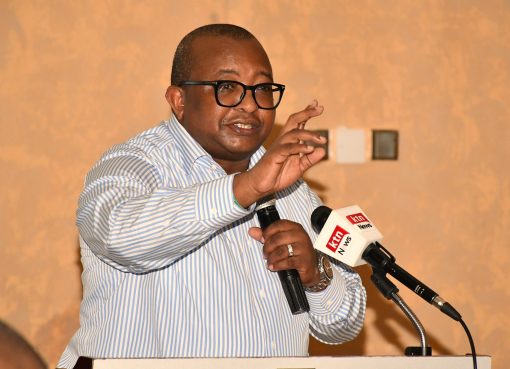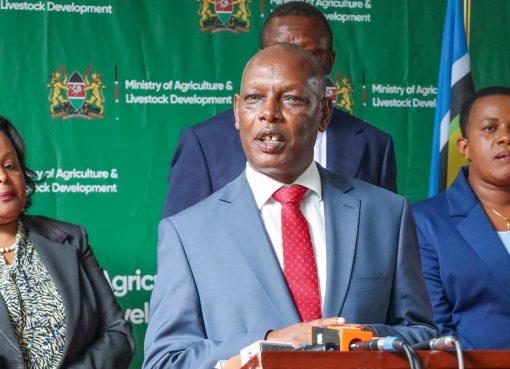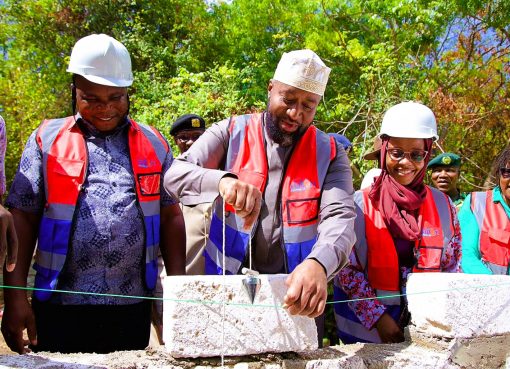It was pomp and colour as Sengwer, one of the minority communities of Kenya, unveiled the first ever translated section of the English Bible to its native language.
The colourful event was held at Kamoi Secondary School, situated along Trans Nzoia and Elgeyo Marakwet boundary.
The occasion witnessed a conglomeration of Sengwer speakers, most of whom are scattered in various parts of the Rift valley region. Sengwer is one of the minority communities living in West Pokot, Trans Nzoia and Elgeyo Marakwet counties.
Speaking during the unveiling of the Bible version, Minority Communities Spokesperson Mr. Amos Olempaka lauded elite members of the community who worked closely with the Bible Translation and Literacy East Africa (BTL EA) organization as the Holy book was translated to their native language.
The BTL EA translated Gospel of Luke to the native Sengwer language.
Olempaka said the initiative was not only for religious benefits but also to help in preservation of the Sengwer language for future generations and prosperity.
He noted translation to native languages written documents which document the cultures, socio-economic and political histories was one of the surest ways of preserving minority communities of Kenya.
The Bible Translation and Literacy BTL Director Rev. Peter Munguti disclosed efforts by various translation organizations have seen the English Bible converted to a total of 26 native languages in Kenya to date.
“At the moment we at the BTL are working with about 21 communities on the Bible translation project,” disclosed Munguti, adding the organization had so far translated the Holy book to five native languages.
Emphasizing on the importance of Bible translation initiatives, the official noted significant roles played by religion the world over, especially inculcating morally accepted norms among communities coexisting together but with diverse cultural beliefs and backgrounds.
“Bible translators have reported commendable and positive impacts. For instance, here in Kenya retrogressive practices like Female Genital Mutilation (FGM) are slowly fading away in communities where the English Bible has been converted to native languages,” remarked Munguti.
“We have seen positive impact translating the Bible to native languages, retrogressive practices are now slowly fading away. When the Bible is availed in native languages, it becomes a tool for evangelism and discipleship,” he explained.
He appealed to the government, charitable organizations and well-wishers to aid minority groups in Kenya to have the Bible converted to their languages to enable religious leaders to spread the gospel of God and thereby contribute towards building a peaceful and cohesive society for economic development.
Speaking to Kenya News Agency Mr. Dickson Rotich, a local attending the launch said, “Today we are happy because we now have our own Bible. Besides our people easily understanding the works of Jesus Christ they will also understand our language even better.”
The translation work began in 2006 when two language researchers, Ms. Ann Elveberg and Ms. Vivian Cheboi travelled to Kamoi on an academic survey to establish level of mutual intelligibility between the Marakwet and Sengwer languages.
By Maurice Aluda





